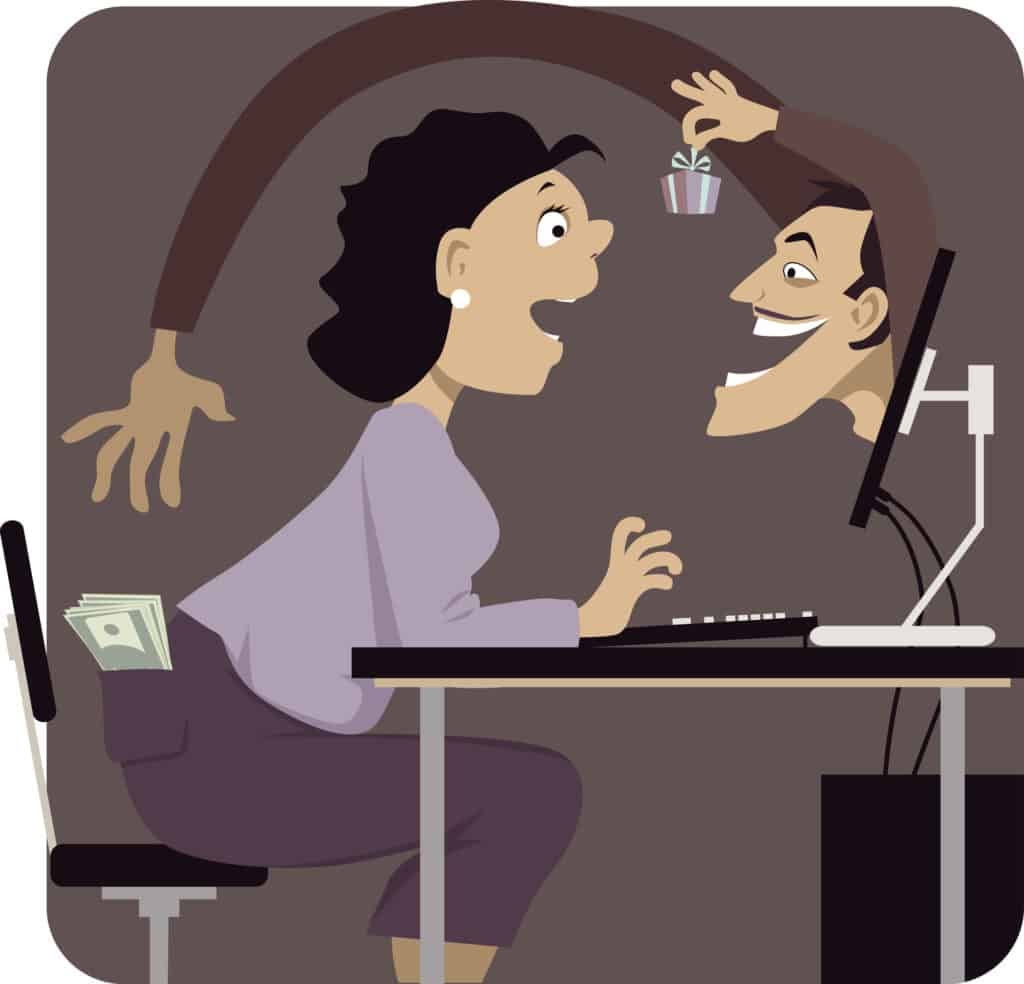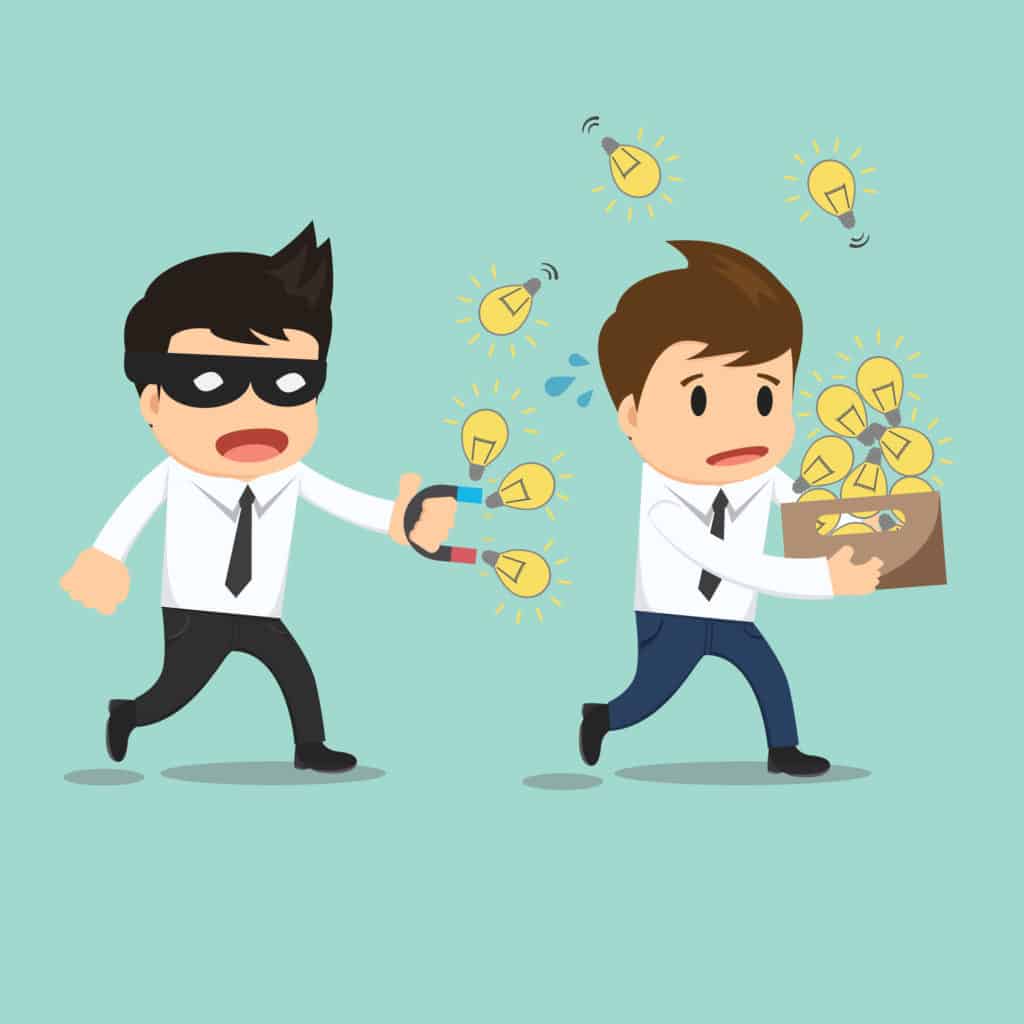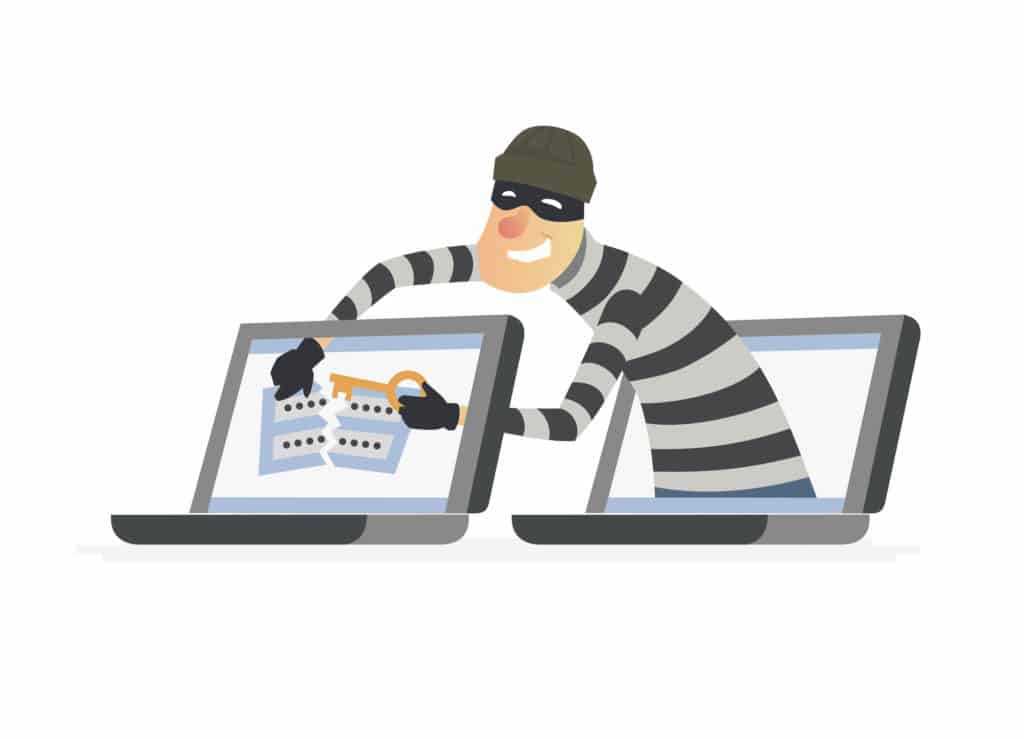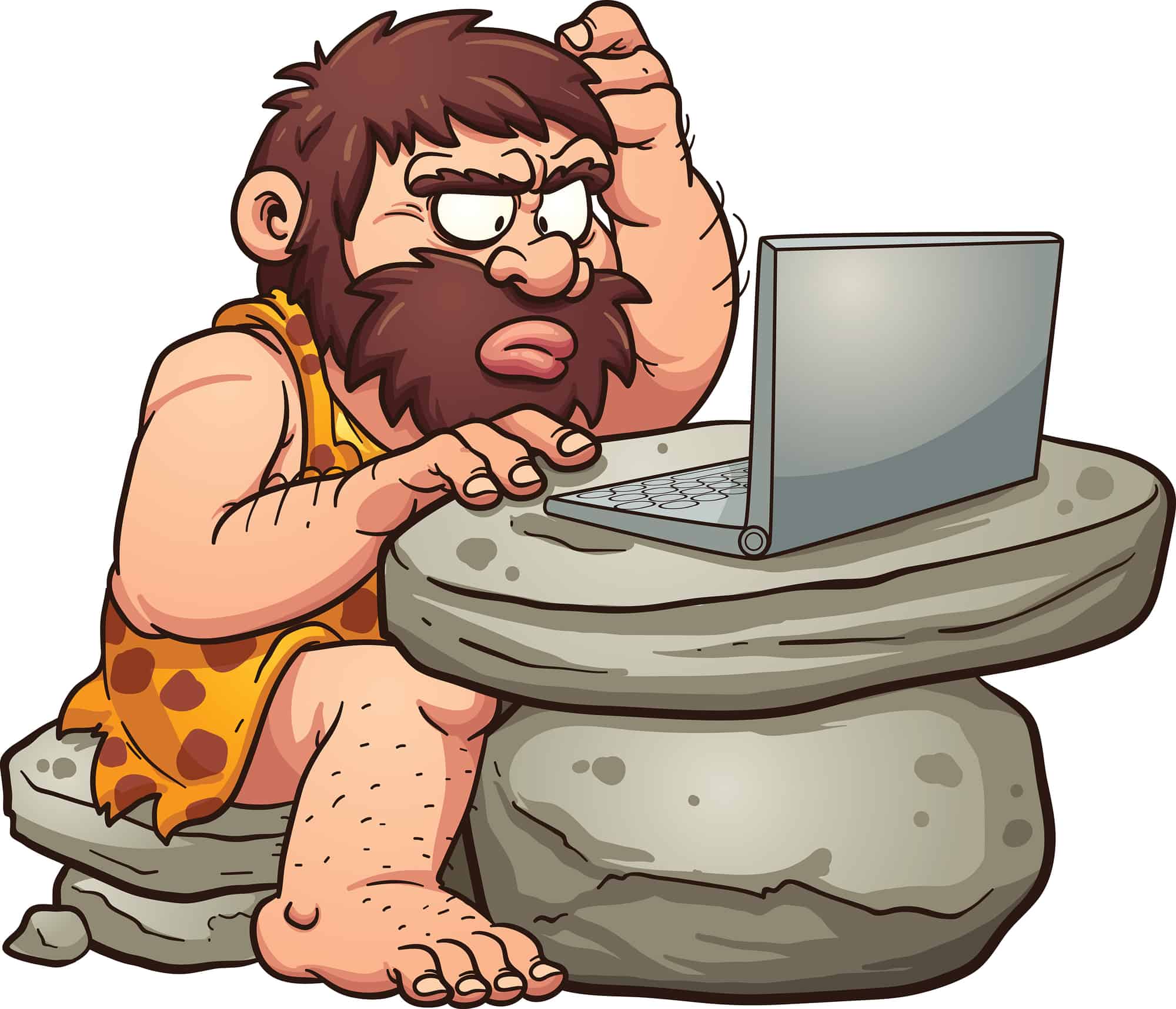
Putting it mildly – you find idiots in all walks of life and, unfortunately, the internet seems to be a hub for contemporary neanderthals with a keyboard. Almost like a spawning point for digital morons.
Let’s be honest. The internet is a great place – however, at times it can attract the worst types of people. Nothing helps to congregate HyperKarens together quite like
Unfortunately, there’s always going to be the idiot online. From trolls, scammers, plagiarisers, fake news and people who just don’t know what they’re doing; it’s a minefield of epic proportions.
More Blogs From DRPT
How Not To Sell On Facebook Marketplace
Knowing Your Netiquette (Web Etiquette)
Turbo-Charge Your Site Health – Website Spring Cleaning
There’s 3.5 billion people online and 2.4 billion people are on social media. That’s a lot of people to facilitate online idiocracy.
Back when the web was in infancy, you’d believe anything you saw on the internet, yet these days it has become less trustworthy than ever.
As a result of this, only 29% of US adults say that they trust online news.
Social media in particular has this part-tribe/part-cult nature to it where idiots thrive.
It’s estimated that 33% people in the world are on social media and it is a hot bed for idiotic activity.
It’s not to say you can’t have a laugh and joke online, but don’t fall into these traps and be an idiot online.
Fake News

The “Fake News” saying was largely made famous by Donald Trump in retaliation to any news story or outlet that he didn’t like. Even if it were factually true.
But fake news is serious. And it is a huge problem online.
The main problem? People don’t check to see if the source is reliable! They think that if it is posted online in an article then it must be true.
This isn’t the case. If you are spreading – or worse- creating fake news, then please stop. You’re making the world a poorer place and the Gods will smite you.
You need to learn to essentially cut out the rubbish and identify trustworthy and reliable sources.
There are different degrees of fake news across the internet:
Fake news – news or stories that are not true
Misinformation – refers to misleading information that wasn’t intended to harm
Disinformation – false information which is created and shared to deliberately cause harm
Some of the worst people to spread fake news (or misinformation) are the ‘verified blue tick‘ brigade on social media.
Recently, within the last 2 years, we have seen the dangers of spreading misinformation and fake news with the coronavirus pandemic.
In fact, the most common statements made about the virus contain misinformation.
The increased susceptibility to misinformation online has negative effects with people’s compliance with public health guidelines, such as events like the vaccine roll out.
Quite frankly: it’s dangerous to spread fake news, particularly when it comes to individuals’ health and their safety.
It’s vital to fact check your sources online, don’t just believe anyone with a blue tick.
Anyone can make an article. Don’t be conned into believing something that is not true.
Trolls
 Trolls aren’t a new phenomenon online, but they appear to be plaguing society more than ever.
Trolls aren’t a new phenomenon online, but they appear to be plaguing society more than ever.
There was a huge spike in the number of trolls during the pandemic, and it has continued to grow after.
They are a menace to online society, as many people don’t know how to deal with trolls. Luckily we have a guide here.
Incredibly, over 40% of Americans feel they have experienced some form of online harassment within their lifetime.
If you were to ask one thing that is wrong with the internet, the ‘growth and evolution of trolling‘ would probably be the answer.
Like many things, trolling started out as a lighthearted joke but it has now turned into nasty, insulting comments and just downright bullying.
Trolls are attention seekers and thrive to get that bite, all they want is interaction. If they get the bite that they want, more trolls tend to join and the trolling intensifies.
Trollers are time wasters online, they are the definition of keyboard warriors.
We were taught this in school: if you’ve got nothing nice to say don’t say it at all.
Just don’t troll, it’s the easiest way to avoid being an idiot online.
Scammers

Scamming is more of an interesting one as, unlike spreading fake news and trolling, you can’t unintentionally scam someone.
Scamming is illegal and can have serious consequences.
Within the first 6 months of 2021, over 30m Brits were targeted by online scammers.
Online scamming increased during the pandemic, their main tactics involved pretending to be government officials sending out covid-19 information and fake deliveries with online orders.
The government issued the Take 5 campaign, which is aimed to keep people safe from scamming.
Stop: Take a moment to think before you part with your money or information.
Challenge: Could it be fake? It’s ok to ask the question, only criminals will rush or panic you.
Protect: Contact your bank immediately if you think you are being scammed.
If you do think you have been scammed, report it as soon as you can to Action Fraud.
Scamming people online is a serious offence and can be met with a prison sentence of up to 5 years as well as a fine of £5000.
You may feel stupid for letting them scam, but don’t these are often highly trained and skilled individuals.
Scammers are clever and on the rise but they are some of the lowest of the low within the online world.
They target the vulnerable and can get thousands of pounds each day.
Be cautious online, don’t just click random pop ups, don’t give away your information willy nilly, and don’t let the scammers win.
Plagiarising

Plagiarising is the copycat of the online world.
The simple function of control C control V has allowed you to plagiarise whole chunks of texts in a matter of seconds.
Plagiarising is more associated with academic essays, articles and blogs.
You can get away with copying someone’s joke on Twitter, it’s not cool but you’re not going to get in trouble with it.
Plagiarising can have the complete opposite effect of what you intend the piece of work to do.
You use someone else’s work to make yourself sound clever and intelligent, when in fact it makes you look like another idiot online.
Not only do you look foolish when caught, but copying someone’s work can have some serious legal ramifications.
The consequences of plagiarism can be personal, professional, ethical and legal.
You could be thrown out of uni and destroy your academic reputation, if you’re working as a writer you could ruin your professional reputation. Those are getting off lightly as well…
Other writers can sue you for using their work, meaning that you could face a legal battle for breaking copyright law if you do not cite the original author.
Here are 6 consequences of plagiarising.
It’s not worth saving time copy and pasting to be then presented with a legal battle or kicked out of university.
Do your own work, create good original content. Plagiarising is for the online idiots.
Passwords

This should be a fairly simple one, but many people don’t have strong passwords.
Try to use a different password for each site so that if you do get hacked they won’t be able to go into anything else.
Make these passwords that are something that would be hard to figure out, don’t just put your name, and 123.
It’s asking for someone to break into your account if you have an easy password to figure out.
Thankfully, these days most sites ask for multiple characters, special symbols and numbers for you to form a password and often tell you the strength of the password.
Unfortunately this means they can at times be hard to remember.
But don’t worry! It’s better to forget your password and reset it, rather than having someone figure out an easy password and break into your accounts.
Don’t be stupid with passwords, avoid being the online idiot and set a strong password.
Social Media

Social media is the creme de la creme of all idiots online. It houses the very best of the best of them.
In recent years some areas of social media have turned pretty toxic, from being the main distributor of fake news to the blue tick brigade lecturing you on how to live your life.
No matter where you look, social media has an almost cult feel to it. You have followers saying and doing anything to defend or obey their leader.
Sports teams, celebrities, influencers and politics seem to bring the worst out of people on social media, this is where you’ll find your top-tier online idiots.
With 1 in 3 people in the entire world on social media, it’s a lot of room for idiotic behaviour.
It means there’s going to be a difference of opinions on any matter, but you need to be careful what you say and what you do online.
This is particularly the case if you don’t have your accounts set to private, and you post about your partying or extreme lifestyle.
57% of employers said that they would google a candidate’s name before hiring.
Employers said that images of drunken or illegal activity, offensive language, and an aggressive tone, will have a negative impact on your chances for a job.
You may think you’re this banter lord posting your drunken episodes or aggressive tirades of how bad your sports team is, but it can affect your career prospects.
We’ve seen many cases within sports where players have been fined and banned for posting offensive tweets in the past.
The main thing to take from this is to not post things that may get you in trouble or make potential employers have a negative opinion of you due to what you are posting.

As long as you use your common sense you should be fine on the internet.
You just need to learn to successfully spot out the stupid keyboard warriors in order to have a smooth ride.
If you wouldn’t do it in person, don’t do it on the internet.








